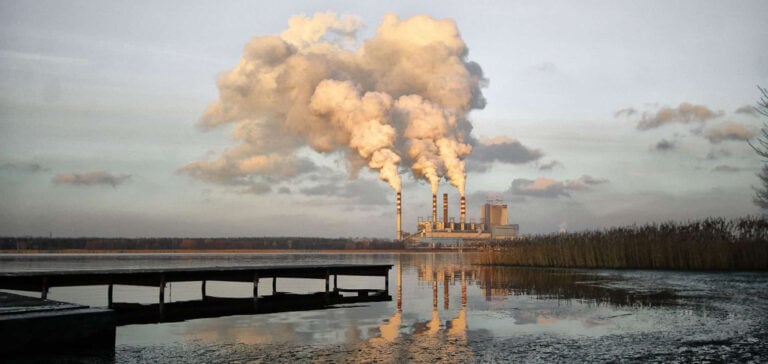Des entreprises Engagées pour le Climat confirms that climate change is a reality that spares no one. Indeed, more than 100 leading companies, including Bayer, Volvo, Decathlon, Ikea, Nestlé, Danone, Heineken, eBay and Unilever, recently joined forces to make a solemn appeal to governments around the world. These companies, with total annual sales of almost $1,000 billion, are urging the authorities to take bold action to combat climate change.
The devastating effects of climate change
In a joint statement published on Monday, these companies testify to the devastating effects of climate change on their activities. Extreme weather phenomena caused by global warming are having a significant economic impact, and companies are feeling the consequences in tangible ways. This declaration reiterates that the ultimate goal is to keep global warming below 1.5°C.
Call to Action
These companies recognize that they cannot meet this challenge on their own. They call on governments, financial institutions and fossil fuel producers to play a crucial role in this transition. The call includes a request to “set targets and a timetable for phasing out ‘uncaptured’ fossil fuels”, i.e. those without CO2 capture or storage.
The importance of COP28
The issue of fossil fuels, the main sources of greenhouse gas emissions, will be at the heart of negotiations at COP28 in Dubai. Many countries, including those in the EU, will advocate the virtual elimination of fossil fuels burned without carbon capture and storage. These negotiations will be crucial for the future of the planet.
Companies in Action
The signatory companies, grouped together in the “We Mean Business” coalition, are committed to halving CO2 emissions over the next decade. They recommend achieving this goal by tripling electricity generation capacity from renewable sources and doubling energy efficiency efforts by the end of 2030.
Corporate Pressure
Last year, at COP27 in Egypt, 200 companies came together to maintain their commitment to limiting warming to 1.5°C. This year, over 100 companies are reiterating their call to action, underlining the importance of moving from words to deeds.
The appeal from these major companies highlights the urgency of the current climate situation. The challenges of climate change are real, and their impact on the economy and the environment is undeniable. It’s time to act, and COP28 in Dubai will be a crucial opportunity for governments around the world to take bold steps to reduce greenhouse gas emissions.






















